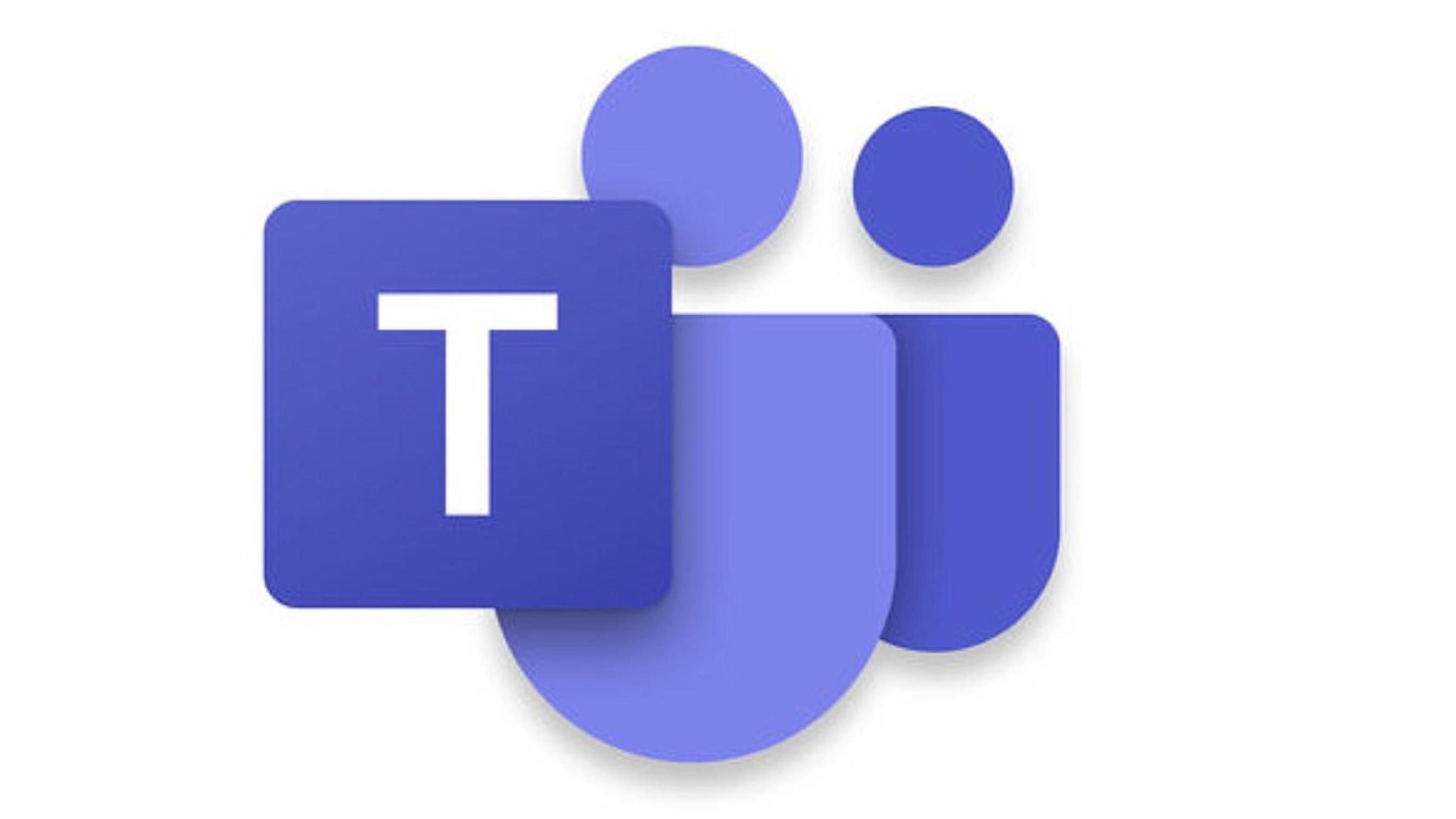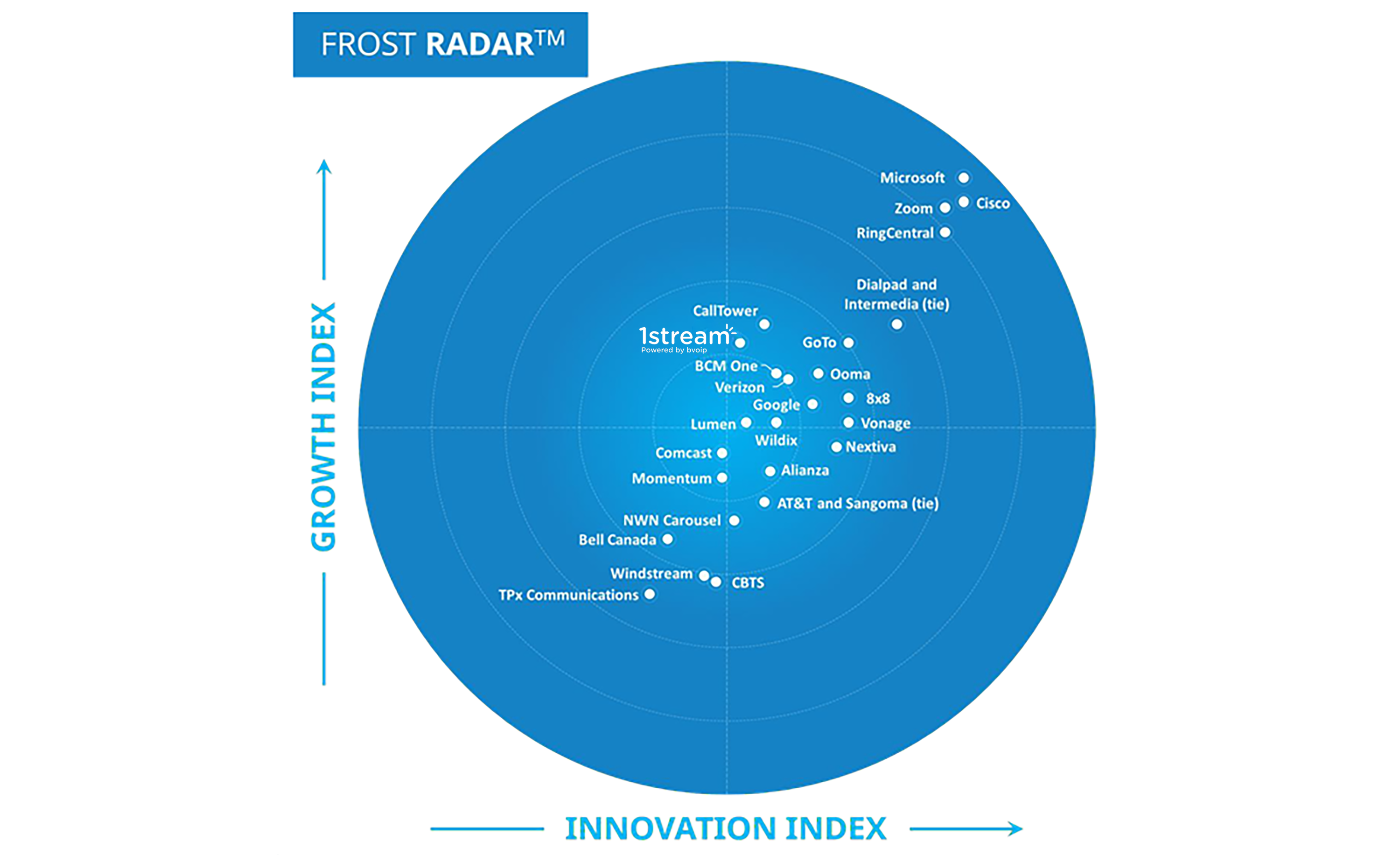Here at BVoIP we don’t bundle dial tone into our program to give our partners and their downstream customers flexibility and  choice. What if you already have a relationship with a sip dial tone vendor that you are friendly with? What if your downstream customer is locked into a term that is not economical to get out of. We want to provide an environment where as many road blocks that can be removed are removed.
choice. What if you already have a relationship with a sip dial tone vendor that you are friendly with? What if your downstream customer is locked into a term that is not economical to get out of. We want to provide an environment where as many road blocks that can be removed are removed.
HOWEVER, it does need to work right? When you go with a BVoIP Preferred Sip Dial Tone partner we have gone through a vetting process of sorts around their sales & pricing model, technical requirements and testing, and lastly support and support escalations. The Idea here is that when you have an issue we can quickly remediate it or get to someone who can in short order. The other idea here is that it should work by design rather than trying to work around things because a provider does things differently than we would like to see.
It is OK to bring another provider to the table outside of our preferred providers but there are some things you MUST make sure your sip dial tone vendor does in order to prevent serious pain points.
- They must support Username / Password based authentication rather than IP based authentication. This is important because not every instance of our cloud PBX has a unique IP address. That means if you have 2 customers coming from the same public IP on the cloud side your provider will have an issue with that. At times we can try and play musical servers but that is a band-aide approach and not scalable.
- They must support non-standard sip ports. Not all Cloud PBX tenants run on the same sip port. It is important that your sip provider does not limit incoming / outgoing traffic to a single sip port (i.e. 5060)
- They must support DTMF using SIP INFO. While it’s possible to change DTMF settings the preferred DTMF protocol is SIP INFO. This can be problematic if you have to guess this after the fact.
- It would be nice if they support outbound caller ID override. Not all sip providers do allow this. Some say it must be a DID or phone number on your account. Others say is can only be the BTN or main number going outbound. If your providers do allow you to send outbound caller ID on demand that would be preferable.
- You must be confident in their support process. While we will help to the best of our ability to try and pinpoint where and why an issue has occurred there is only so much we can do. If you bring a provider to the table, then you have to play man in the middle when an issue arises when can delay things getting resolved in some cases.
- Lastly, It would be nice if they support multiple sip accounts tied to the same billing account. This is helpful with certain things like custom caller ID passthrough or special senarios when a 2nd sip account registered to the PBX can help accomplish certain tasks. Some providers don't have a limiation here some do.
























